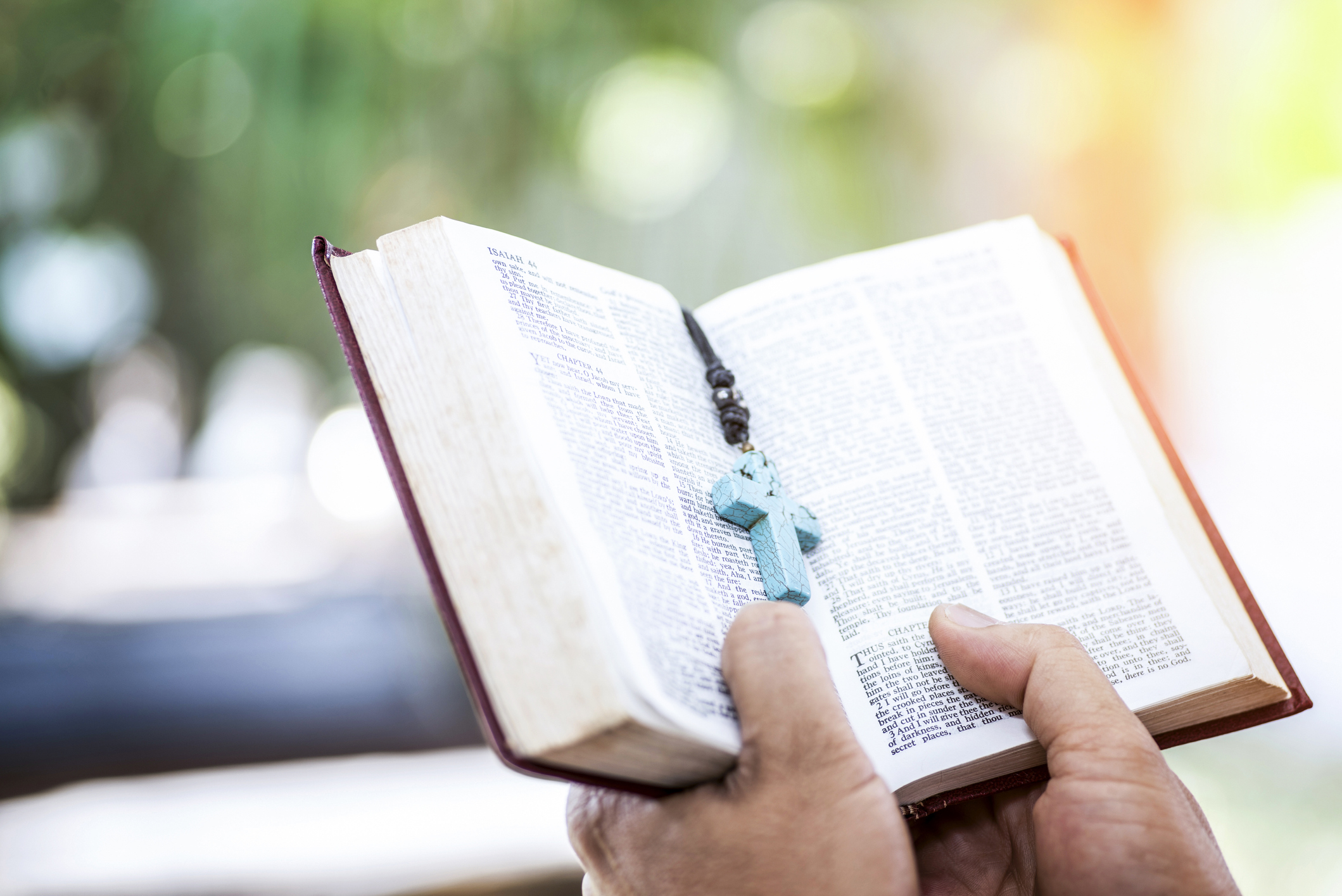“Our Constitution was made only for a moral and religious people. It is wholly inadequate to the government of any other.” — John Adams
The French and American revolutions happened within a dozen years of one another, yet they centered on two very different concepts of individual liberty.
For the French, the goal was to ensure political equality. For the Americans, it was personal independence. This distinction helps shed light on what made the outcomes of the two revolutions so different.
To understand the American Revolution, we have to go back to the period between 1730 and 1750 when a religious revival spread across the colonies.
It began with Johnathon Edwards, John and Charles Wesley and an amazing evangelist by the name of George Whitfield. Whitfield delivered 18,000 sermons, and it has been estimated that over 80 percent of the colonists heard him preach. Many historians admit that there would not have been a revolution without this “Great Awakening.”
We think of the Boston Tea Party and slogans like “no taxation without representation” as the key rallying cries of the American Revolution. Although they spoke to the issues, these were not the root causes.
Pastors had begun preaching about individual liberty, rights granted by God and natural law. In fact, you can find phrases in our Declaration of Independence taken directly from sermons given during that period.
The British called these pastors the “Black Regiment” (later known as the Black Robe Regiment) and knew they were the enemy. They were not organized but were united in preaching religious liberty. Churches were burned and pastors jailed for saying that rights did not come from a king or government but only from God.
The French Revolution was totally different. During his despotic period of leadership, Maximilien Robespierre went so far as to create the Cult of the Supreme Being, a state religion based on secularism. This was part of Robespierre’s revolutionary program to completely destroy France’s Roman Catholic tradition in pursuit of an ambiguous “political equality” amongst the masses.
Instead of fighting for freedom like our Founding Fathers did, Robespierre was more concerned with destroying all features of French civic society in the name of progress.
In a cruel twist of irony, Robespierre and his Committee of Public Safety behaved just like the previous French monarch. For that reason, the French Revolution turned into a chaotic murder spree that saw tens of thousands of people executed at the guillotine for opposing Robespierre’s vision. Hundreds of priests and nuns were killed and any vestige of Christian influence was abolished.
One historian noted that the only thing we can learn from history is that we don’t learn from history. Tyrannical governments have enslaved people and demanded obedience for thousands of years. Most recently, we have watched Stalin, Hitler, Mao Zedong, Castro, Pol Pot and many others take power and suppress the church. They had to have total control and no competition.
Many are familiar with Dietrich Bonhoeffer, a brave pastor living in Germany under Hitler. Eric Metaxas, who wrote a best-selling biography of Bonhoeffer, recently said this about America as compared to Germany in the 1930s:
“Probably the principled similarity has to do with religious freedom. In Bonhoeffer’s day, before his eyes, a robustly Christian nation was swiftly secularized by a powerful government. The church was divided and didn’t know what to make of it and they didn’t respond as they should have. So the church was overwhelmed by the state, and for all intents and purposes eventually ceased to exist.”
The political, academic and media elites around the world are leveraging the chaos and confusion of the coronavirus pandemic and using them to radically alter society. The religious attacks are obvious. Christians who push back are vilified. Any defense of natural law or our freedoms under the Bill of Rights is ignored or under outright attack.
Are we at a 1776 moment or 1789? Do we have pastors and Christian leaders with the courage to speak up and be labeled the Black Robe Regiment?
It is not hyperbole to state that we are in the most critical time in our history since the Civil War. America is the last, best hope for Western civilization. Politicians are not the answer. The answer is the truth of the Bible and leaders who are not afraid to proclaim it.
There was a Second Great Awakening in the early 1800s, and one of its leaders was Charles Finney. His words resound today:
“Christ crucified for the sins of the world is the Christ that the people need. … If immorality prevails in the land, the fault is ours in a great degree. If there is a decay of conscience, the pulpit is responsible for it. If the public press lacks moral discrimination, the pulpit is responsible for it. If the church is degenerate and worldly, the pulpit is responsible for it. If the world loses its interest in religion, the pulpit is responsible for it. If Satan rules in our halls of legislation, the pulpit is responsible for it. If our politics become so corrupt that the very foundations of our government are ready to fall away, the pulpit is responsible for it. Let us not ignore this fact, my dear brethren; but let us lay it to heart, and be thoroughly awake to our responsibility in respect to the morals of this nation.”
This article appeared originally on The Western Journal.
























 Continue with Google
Continue with Google